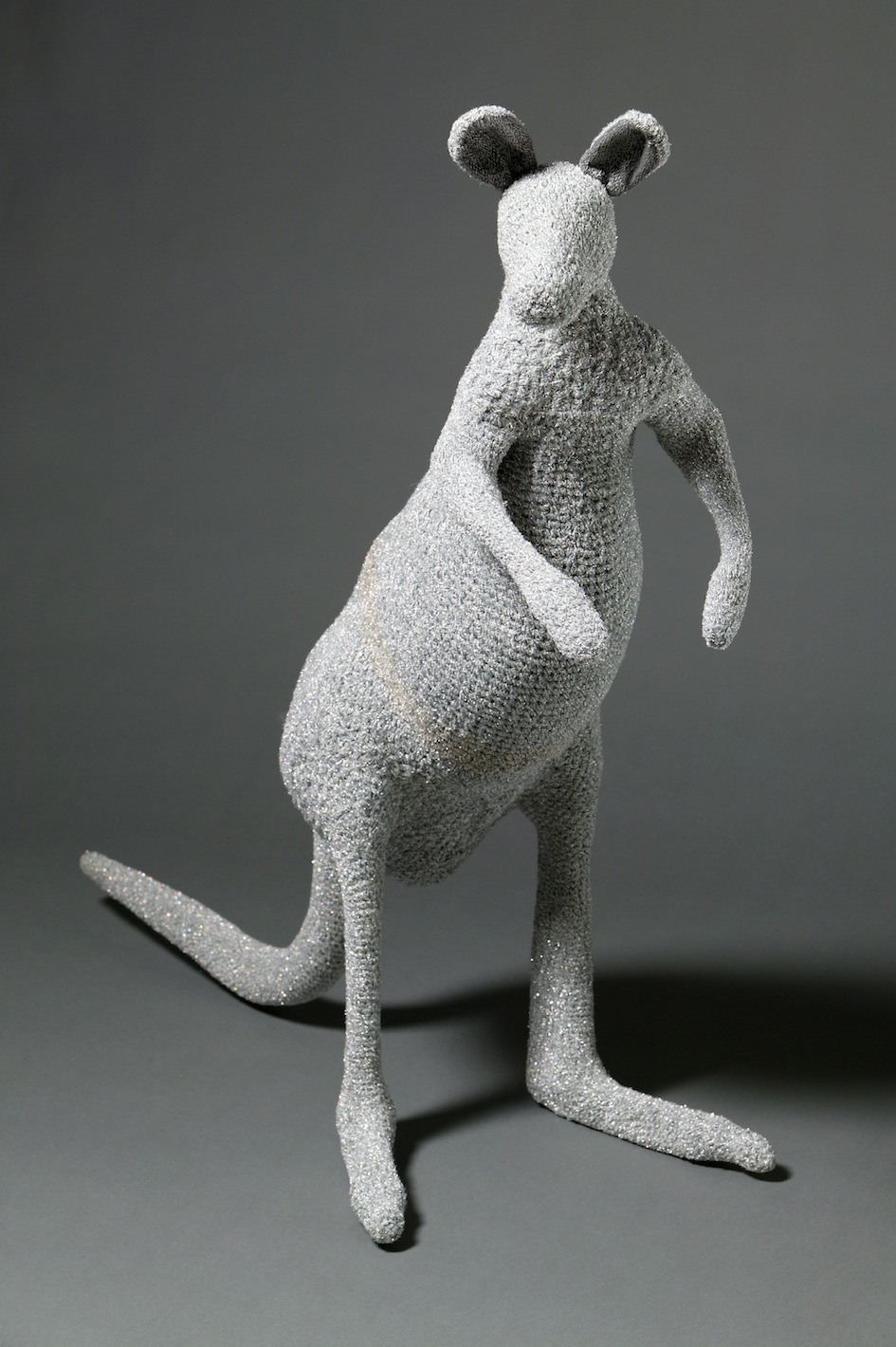The Mystery of a Hansom Cab: Locating status anxiety within the 'colonial ware'
Keywords:
Fergus Hume, Marcus Clarke, colonial fiction, Australian crime fictionAbstract
The Melbourne of Fergus Hume's The Mystery of a Hansom Cab (1886) represented the realisation of the dreams of the hopeful men who had emigrated to the city in the 1850s hoping for an educated literary minded populace (Stewart 1975: 129). Hume's bestseller novel reflects the literary culture of the time, simultaneously defined by a consciousness of distance from the centre and an awareness of a burgeoning national culture. Alongside the murders and intrigue of the plot, the novel is dominated by allusions to popular genre fiction and Victorian novelists, as well as mythical, biblical and classical references that result in the impression that Melbourne is not only a peripheral city, but lacks any discernable sense of identity.Beginning with an account of Hume's citational style and its relation to the problems of writing in the colony for both local and international readerships, this article draws comparisons between Hume's and Marcus Clarke's work, analysing Hume's attempted filiation with a crime genealogy, his allusion to contemporary cultural events in Melbourne and how Hume's tastes and cultural values betray a colonial anxiety about Australia's relation to established literary traditions. Ultimately, these citations become increasingly self-conscious, and the construction of Melbourne as a cosmopolitan metropolis undertaken by Hume is ultimately undercut by admissions that the colony appears to be resistant to high culture.
Downloads
Issue
Section
Articles
License
The copyright for articles in this journal is retained by the author(s), with first publication rights granted to the journal. By virtue of their appearance in this open access journal, articles are free to use with proper attribution in educational and other non-commercial sectors.Attribution-NonCommercial-ShareAlike 2.1 Australia
This work is licensed under the Creative Commons Attribution-NonCommercial-ShareAlike 2.1 Australia License. To view a copy of this license, visit http://creativecommons.org/licenses/by-nc-sa/2.1/au/ or send a letter to Creative Commons, 543 Howard Street, 5th Floor, San Francisco, California, 94105, USA.

